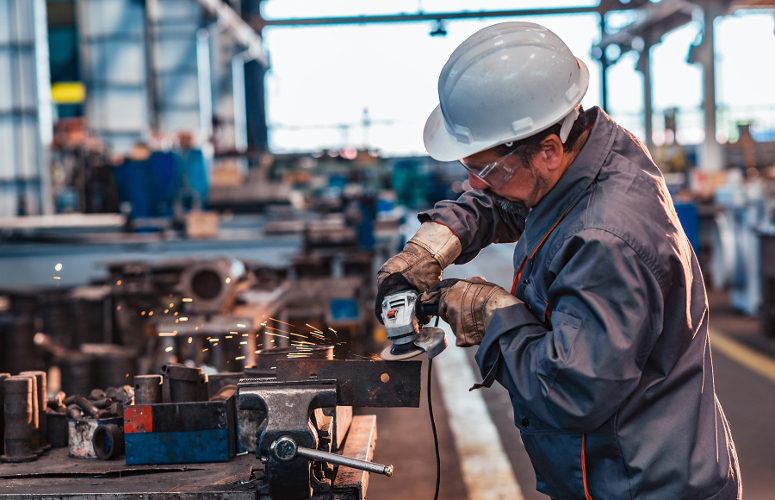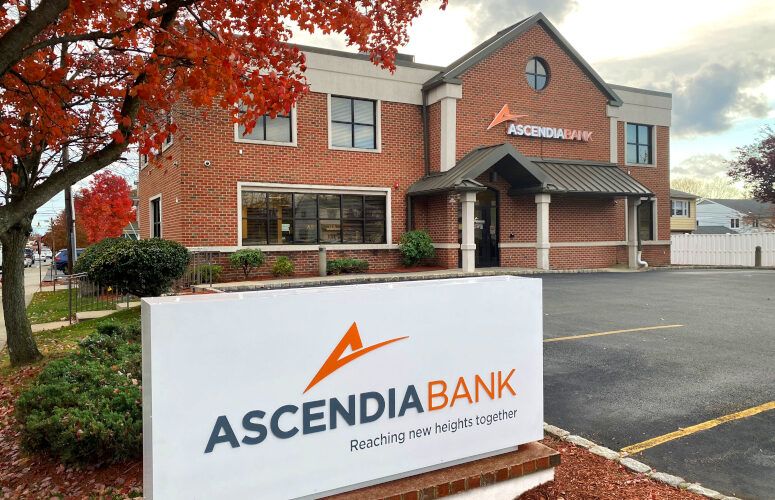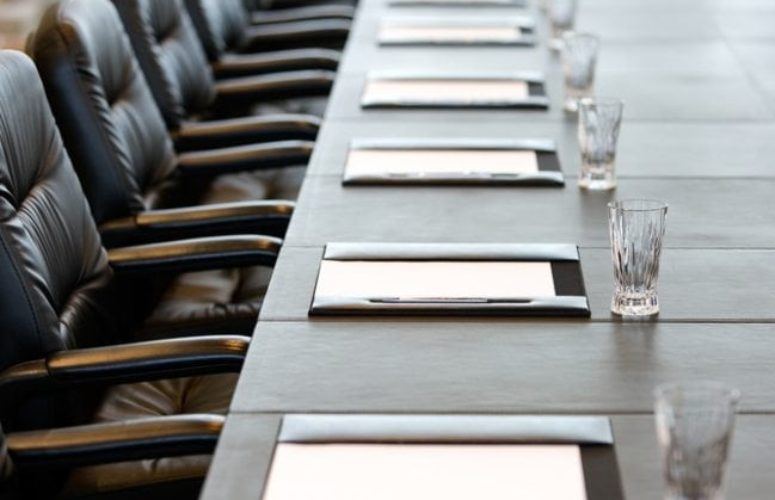
Keeping Manufacturers in Mind
By Anthony Birritteri, Editor-in-Chief On Apr 23, 2021The New Jersey Manufacturing Extension Program (NJMEP) held its second 2021 State-of-the-State of Manufacturing Conference this morning where manufacturing executives and state legislative leaders discussed the needs of an industry that represents more than 11,000 businesses in New Jersey.
According to NJMEP President John Kennedy, the basis of the State-of-the-State event is to spur communications between the industry and the state Legislature. “Without this, nothing happens,” Kennedy said.
Excited about President Joe Biden’s Made in America executive order signed in January, Kennedy said, “We have been clamoring for this for years. We want to see how this can tie into our Made in NJ program while bringing more manufacturing businesses into the state.”
Kennedy credited the Murphy administration and the New Jersey Economic Development Authority (NJEDA) for playing leading roles in nurturing the development of the state’s offshore wind energy sector. However, he stressed that manufacturers in the state must play leading roles in building and maintaining wind energy equipment.
One example of the potential offshore wind energy will have on manufacturing is seen in the recent construction start for the Ocean Wind / EEW monopole manufacturing facility at the Paulsboro Marine Terminal in Gloucester County, which is expected to create 500 direct jobs, according to Senate President Stephen Sweeney (D-3).
Sweeney, who was credited by Kennedy for establishing the Legislative Manufacturing Caucus of New Jersey some four-and-a-half years ago, said it is critical that the state continue to support the industry. “Manufacturing is not Republican or Democrat. … It is all about jobs, creating more opportunities, and getting the certifications and credits needed for the jobs that are available.”
Senator Linda Greenstein (D-14), who is co-chair of the Manufacturing Caucus, discussed the role of the industry throughout the COVID-19 pandemic.
“The hardworking men and women in manufacturing, who faced the pandemic head on, are truly essential workers,” she said. “You have ensured that families across America can safely work, shop, study and adjust to the world’s new normal.”
She said the Legislature continues to maintain and invest in the industry by helping it expand the size and scope of its highly skilled workforce.
“In last year’s budget, we fought for and won a $1.5 million appropriation for NJMEP. Matched by federal government money, this ensures NJMEP will have $3 million to support manufacturers. This includes the opening of a NJMEP office and training facility in South Jersey,” she said.
Greenstein said she will continue to fight for NJMEP funding. Already, $2 million is in the state’s 2022 fiscal year budget proposal for the organization. “This is a welcomed increase. The funds are crucial to ensuring the economic well-being for the industry. The caucus will fight to keep that money in the budget,” she said.
Greenstein also discussed various pieces of legislation she introduced this past year to support manufacturers during the pandemic. This included an initiative in the state’s Economic Recovery Act of 2020 that makes it easier for manufacturers to produce personal protective equipment (PPE) while mandating that government purchase a certain amount of these products.
The caucus and Legislature have also been working over the last few years to boost apprenticeship programs to benefit the industry. Enrollment in such programs is at a seven year high, with almost 9,000 apprentices in more than 1,000 programs, Greenstein said.
“Despite that, we continue to hear from manufacturers that there is still work to be done. We continue to work with NJMEP and manufacturers directly to find solutions to close the skills gap,” she said.
Michele Siekerka, president and CEO of the New Jersey Business & Industry Association (NJBIA), also recognized the vital role manufacturers played this past year during the COVID-19 crisis. NJBIA supported the industry early on during the pandemic, working immediately to make the Murphy administration recognize that all manufacturers in the state were to be considered “essential” and remain open.
“Fast forward to April 2021 and the state’s economy continues to be challenged in so many ways,” Siekerka said. High unemployment continues and there has been a 37% loss of small businesses since January 2020, she pointed out.
Siekerka said the state has a tremendous opportunity to reinvent itself. “We are staring at an unprecedented budget surplus of over $6 billion and an additional federal stimulus jolt of more than $6 billion. We must ensure the effective, efficient and responsible use of these funds,” she said. “To do so, we must get out of the daily block and tackle mode we continue to find ourselves in and look toward the strategic planning that will position our state to recover expeditiously from the pandemic.”
In the area of training and workforce development, Melanie Willoughby, executive director of the New Jersey Business Action Center (NJBAC), said the state has come a long way in training high school students for jobs in manufacturing.
“There was a time – and still is – when parents and students felt manufacturing was not an option. However, we have done a lot of work in that area with NJBIA, NJMEP, the African American Chamber of Commerce of New Jersey, and legislators to educate parents and students about the fact that manufacturing is a valuable industry; one where you have great career opportunities,” Willoughby said.
“There has been more money spent – and more focus on – our county vocational high schools that are providing certification programs and providing opportunities for students to get training in manufacturing,” Willoughby said. “Many of these schools now have partnerships with the county colleges where students can earn college credits.”
When asked by Carey Hamilton, owner of Carey’s Gourmet in Trenton, about what programs are available to underserved communities of color to meet the labor needs of local manufacturers, John E. Harmon Sr., president and CEO of the African American Chamber of Commerce of New Jersey, pointed to the services of the NJEDA.
“We have worked with NJEDA Director Tim Sullivan and his team. They have been very creative in targeting Opportunity Zones because the state does not have a real diversity plan to help small, minority and women-owned businesses,” Harmon said. “So, we have to be creative in our state that, oftentimes, does not have an intentional focus on an area that is underperforming. The NJEDA has done a great job in making those resources available.”
Harmon added that the AACNJ helps businesses similar to Hamilton’s all the time. “You have to be part of the system,” he advised. “We are advocating on your behalf. We have training programs and work closely with Department of Labor and BAC. These are free resources that can be leveraged to put your business in a better place,” he said.
“I challenge businesses; you have to link and connect with the chambers and business associations in a formal way so that you have the access and the support you need to accomplish the goals and objectives of your enterprise,” Harmon said.
The next and final State-of-the-State Manufacturing event for the year will be held on July 30.
To access more business news, visit NJB News Now.
Related Articles:





